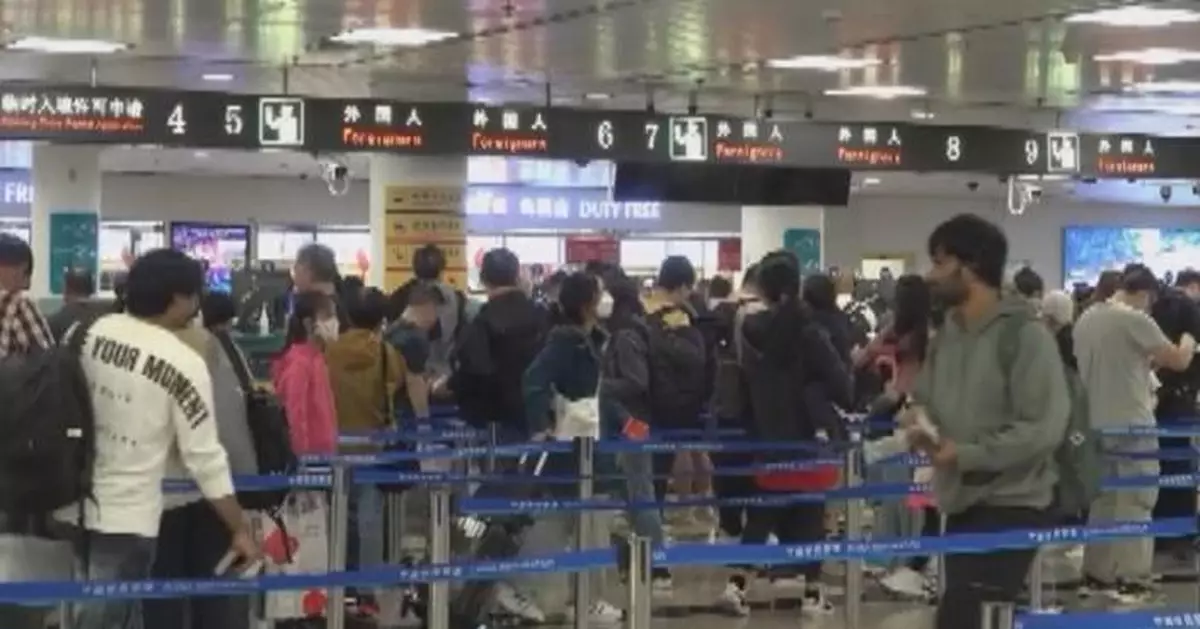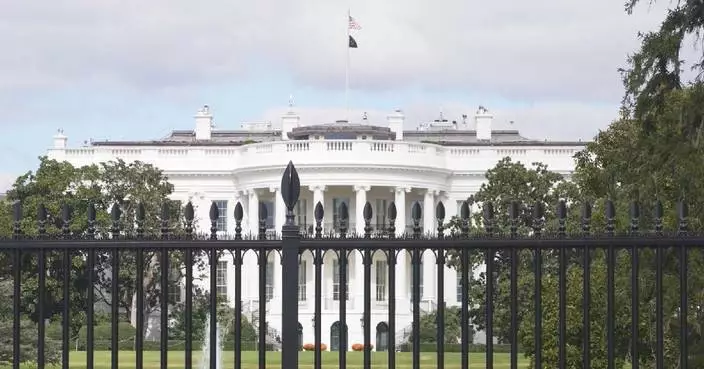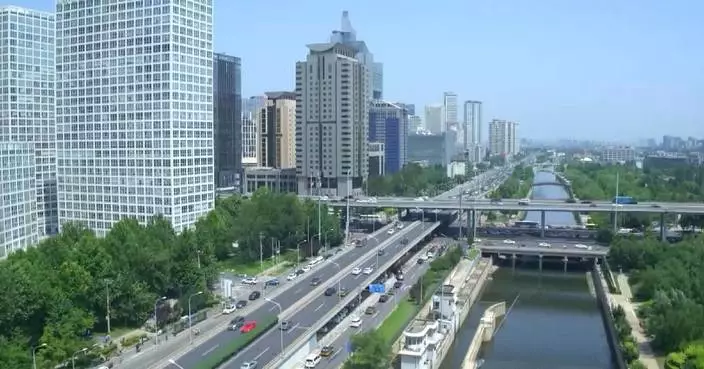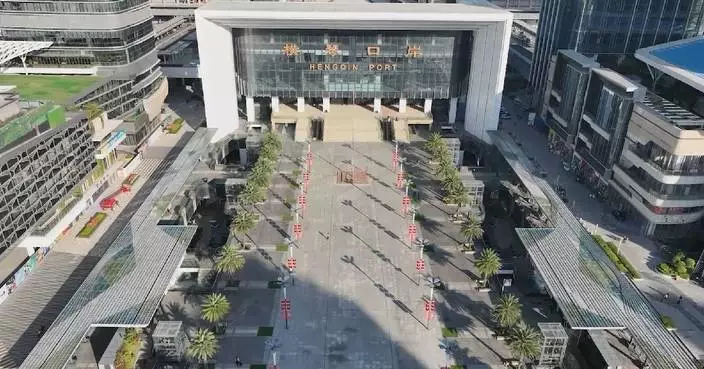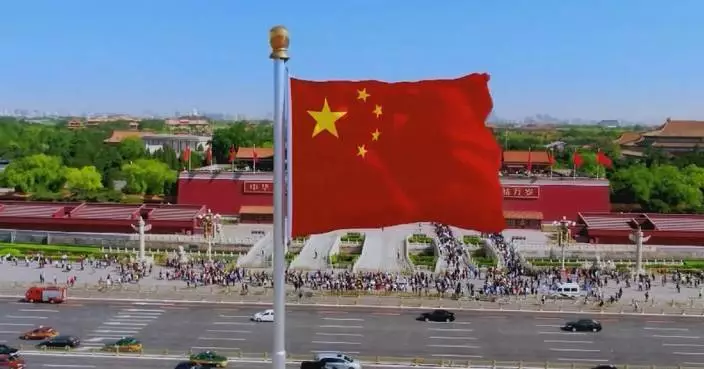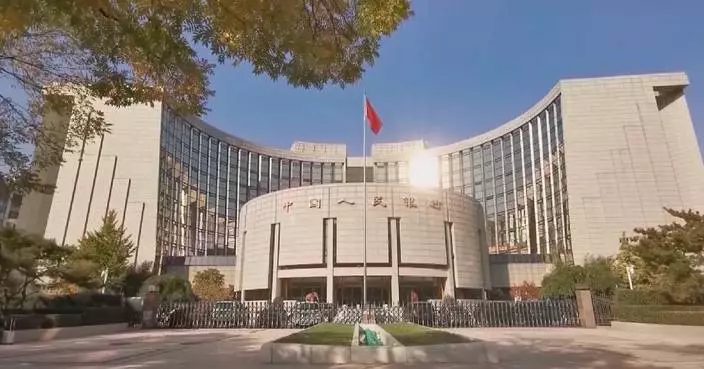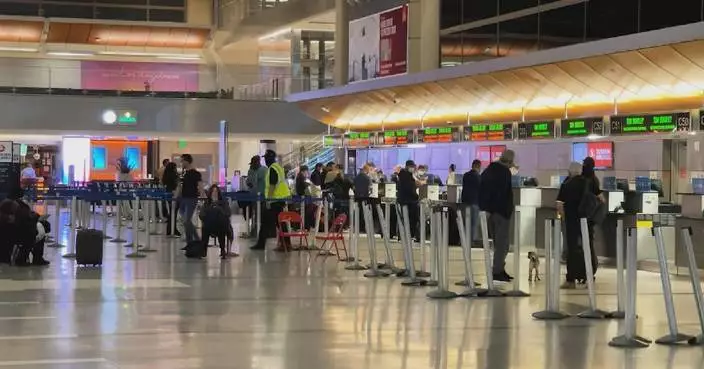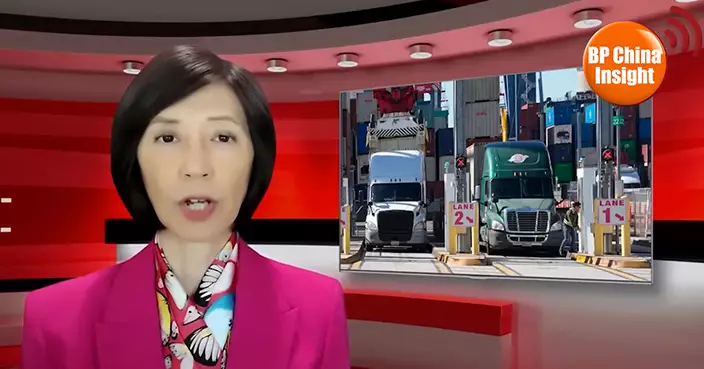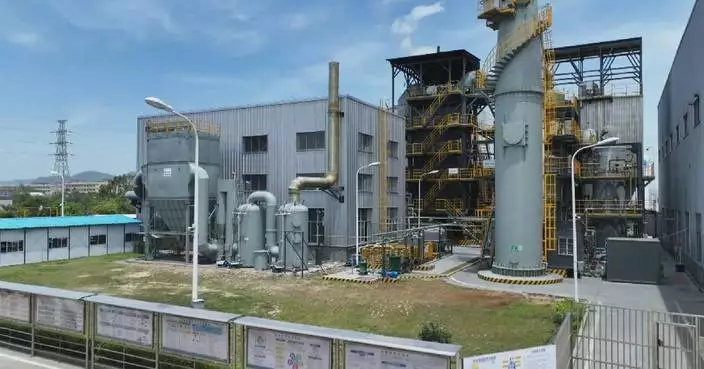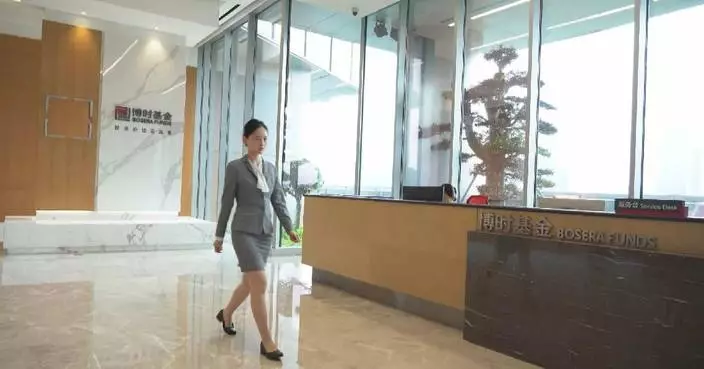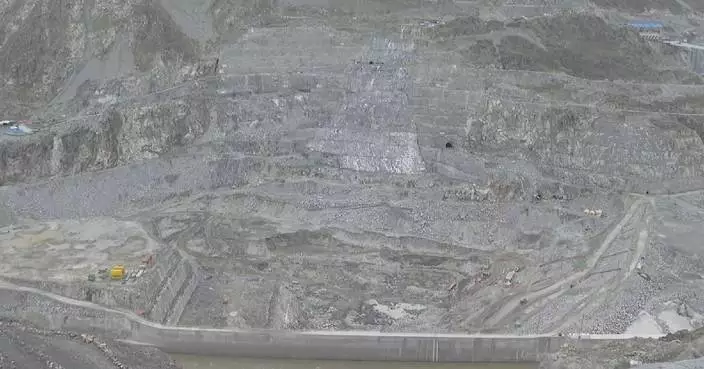China announced on Tuesday a significant relaxation of its visa-free transit policy, aiming to further boost international openness and people-to-people exchanges.
The National Immigration Administration (NIA) said the permitted stay for eligible foreign travelers has been extended from the previous 72 and 144 hours to 240 hours, or 10 days.
The move, effective immediately, also includes a substantial expansion of designated ports and travel regions, enhancing flexibility for international visitors.
"The longest stay allowed under previous visa-free policies was 144 hours, and 80 percent of international travelers left once the deadline approached. Many foreign visitors have expressed a desire for more time to explore other destinations. In response, the NIA has introduced more flexible policies, considering regional cultural and tourism resources, transportation infrastructure, and the needs of tourists. These changes will allow international travelers to enjoy China's stunning landscapes and immerse themselves in Chinese culture, offering a chance to experience a China that is open, inclusive, prosperous, stable, safe, and orderly in the new era," said Mao Xu, director of the NIA's Department of Foreigners Management.
This updated policy not only benefits the economically strong eastern provinces but also supports the central and western regions, which are seeing increased demand for inbound tourism.
"Compared with the previous 72- and 144-hour visa-free transit policies, a notable feature of the policy adjustment is the introduction of cross-regional travel, allowing foreign visitors to move freely across the designated areas of 24 specified provincial-level regions. The updated policy allows foreign travelers to better plan their itineraries and arrange flexible travel routes, enabling multi-stop tourism and business activities across various regions," said Liu Jia, deputy director of the Department of Foreigner Management under the NIA.
The regions newly covered by the visa-free policy "offer unique attractions," said Liu, highlighting several locations famous for their ancient architecture, ceramics, and natural heritage sites.
The expanded policy incorporates such areas alongside major economic zones like the Beijing-Tianjin-Hebei region, the Yangtze River Delta, and the Guangdong-Hong Kong-Macao Greater Bay Area. Officials said this adjustment is expected to meet the diverse needs of foreign tourists and business travelers alike.
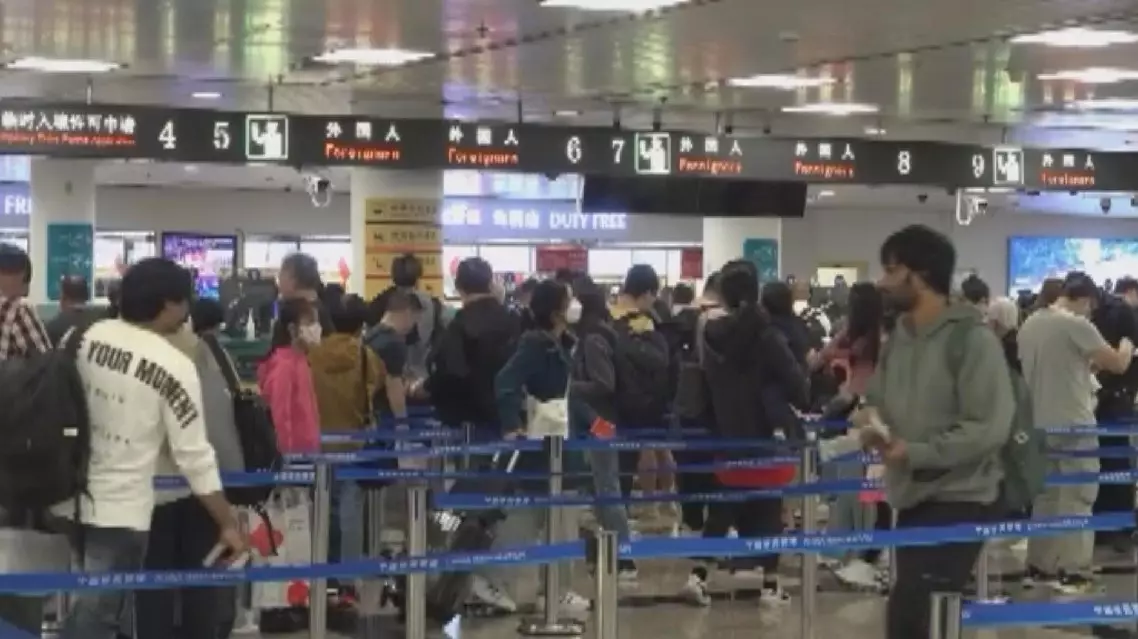
China eases visa-free transit rules to boost openness, int'l exchanges


